Feature
-
 Psychology
PsychologyHow mindfulness-based training can give elite athletes a mental edge
Mindfulness and acceptance and commitment therapy are two types of training psychologists are using to bolster athletes’ mental health.
-
 Quantum Physics
Quantum PhysicsA century of quantum mechanics questions the fundamental nature of reality
A century after the quantum revolution, a lot of uncertainty remains.
-
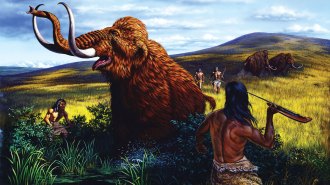 Archaeology
ArchaeologyClovis hunters’ reputation as mammoth killers takes a hit
Early Americans’ stone points were best suited to butchering the huge beasts’ carcasses, scientists contend.
By Bruce Bower -
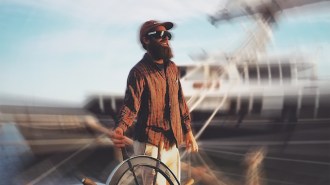 Microbes
MicrobesA sailor’s story captures the impact of rising serious fungal infections
Fungal infections are hard to diagnose, hard to treat and are on the rise. A young sailor is staying positive to navigate the challenges.
-
 Particle Physics
Particle PhysicsA new particle accelerator aims to unlock secrets of bizarre atomic nuclei
The Facility for Rare Isotope Beams will help scientists unlock the inner workings of atomic nuclei and explore how elements formed in the cosmos.
-
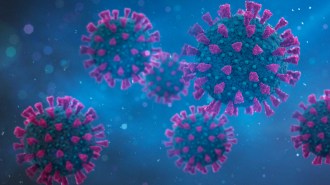 Microbes
MicrobesAre viruses alive, not alive or something in between? And why does it matter?
The way we talk about viruses can shift scientific research and our understanding of evolution.
-
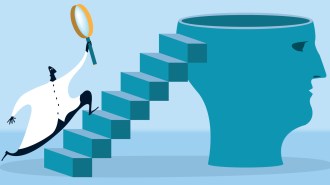 Psychology
PsychologyScientists should report results with intellectual humility. Here’s how
Foregrounding a study’s uncertainties and limitations could help restore faith in the social sciences.
By Sujata Gupta -
 Health & Medicine
Health & MedicineEpidemics have happened before and they’ll happen again. What will we remember?
A century’s worth of science has helped us fend off infectious pathogens. But we have a lot to learn from the people who lived and died during epidemics.
-
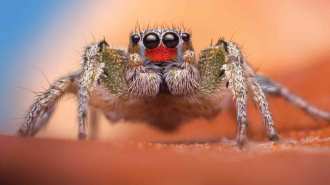 Animals
AnimalsJumping spiders’ remarkable senses capture a world beyond our perception
Clever experiments and new technology are taking scientists deep into the lives of jumping spiders, and opening a portal to their experience of the world.
By Betsy Mason -
 Science & Society
Science & SocietyHow our SN 10 scientists have responded to tumultuous times
COVID-19, social justice movements and the realities of climate change have given our Scientists to Watch new perspective.
-
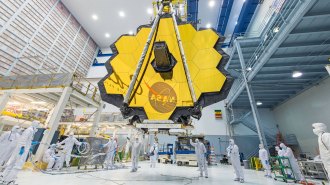 Astronomy
AstronomyWhen James Webb launches, it will have a bigger to-do list than 1980s researchers suspected
The James Webb Space Telescope has been in development for so long that space science has changed in the meantime.
-
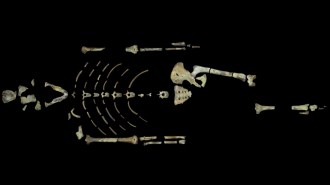 Chemistry
ChemistryRadiometric dating puts pieces of the past in context. Here’s how
Carbon dating and other techniques answer essential questions about human history, our planet and the solar system.
By Sid Perkins